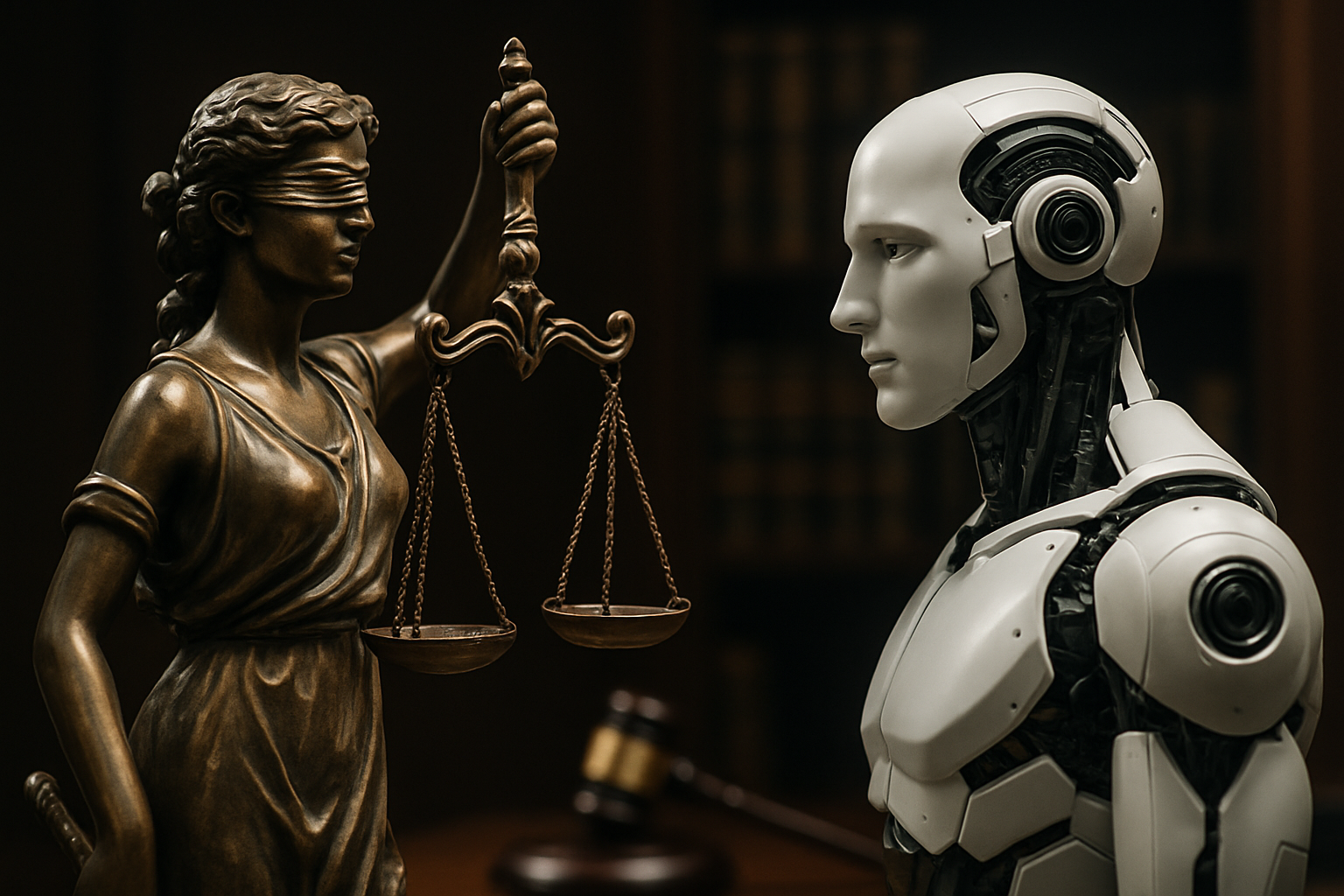Title: Blockchain's Impact on Legal Contracts: A Digital Revolution
Introduction: In the realm of law and technology, a groundbreaking innovation is reshaping the landscape of legal agreements. Blockchain technology, initially known for its role in cryptocurrencies, is now making significant inroads into contract law. This digital revolution promises to transform how legal contracts are created, executed, and enforced, offering unprecedented levels of security, transparency, and efficiency.

The concept of smart contracts was first proposed by computer scientist Nick Szabo in 1994, long before the advent of blockchain. However, it wasn’t until the rise of blockchain platforms like Ethereum that smart contracts became a practical reality. Today, they’re being implemented across various industries, from finance and real estate to supply chain management and intellectual property rights.
Legal Implications and Challenges
The integration of blockchain into contract law raises numerous legal questions and challenges. One primary concern is the legal status of smart contracts. While some jurisdictions have begun to recognize their validity, many legal systems are still grappling with how to classify and regulate these digital agreements.
Another challenge lies in the immutability of blockchain records. Once a smart contract is deployed on a blockchain, it cannot be easily altered or terminated. This characteristic, while beneficial for security and trust, can pose problems when contracts need to be modified or voided due to changing circumstances or errors.
Moreover, the interpretation of smart contracts in legal disputes remains a grey area. Traditional contract law relies heavily on intent and context, elements that may not be readily apparent in code-based agreements. Courts and legal professionals are now faced with the task of developing new frameworks for interpreting and adjudicating smart contract disputes.
Regulatory Responses and Adaptations
Governments and regulatory bodies worldwide are taking notice of blockchain’s potential in contract law. Some jurisdictions, such as Arizona and Tennessee in the United States, have passed legislation explicitly recognizing smart contracts as legally binding. The European Union, through its Blockchain Observatory and Forum, is actively exploring the legal implications and potential applications of blockchain in various sectors, including contract law.
These regulatory efforts aim to provide legal certainty and foster innovation while protecting consumers and maintaining the integrity of legal systems. However, the rapid pace of technological advancement often outstrips legislative processes, creating a constant need for regulatory adaptation.
Benefits for Legal Practitioners and Clients
For legal professionals, blockchain technology offers numerous advantages in contract management. Automated contract execution reduces administrative burdens and minimizes the risk of human error. The transparency and immutability of blockchain records provide an unalterable audit trail, simplifying contract verification and dispute resolution processes.
Clients stand to benefit from reduced legal costs, faster contract execution, and increased security. Smart contracts can automate many routine legal processes, such as escrow services or royalty payments, without the need for intermediaries. This automation not only saves time and money but also reduces the potential for fraud or manipulation.
Future Prospects and Evolving Landscape
As blockchain technology continues to mature, its applications in contract law are expected to expand. We may see the emergence of more sophisticated smart contracts capable of handling complex legal arrangements, such as multi-party agreements or conditional clauses.
The integration of artificial intelligence with blockchain-based contracts could lead to ‘intelligent’ legal agreements that can adapt to changing circumstances or even negotiate terms autonomously. This fusion of technologies has the potential to revolutionize not just contract law, but the entire legal industry.
However, as these technologies advance, so too must our legal and ethical frameworks. Questions of data privacy, contract enforceability across jurisdictions, and the role of human judgment in an increasingly automated legal landscape will need to be addressed.
In conclusion, the intersection of blockchain technology and contract law represents a frontier of legal innovation. As this digital revolution unfolds, it promises to enhance efficiency, security, and accessibility in legal agreements. However, it also challenges traditional legal concepts and practices, necessitating a careful balance between technological advancement and legal principles. The coming years will undoubtedly see continued evolution in this space, shaping the future of contract law in the digital age.





